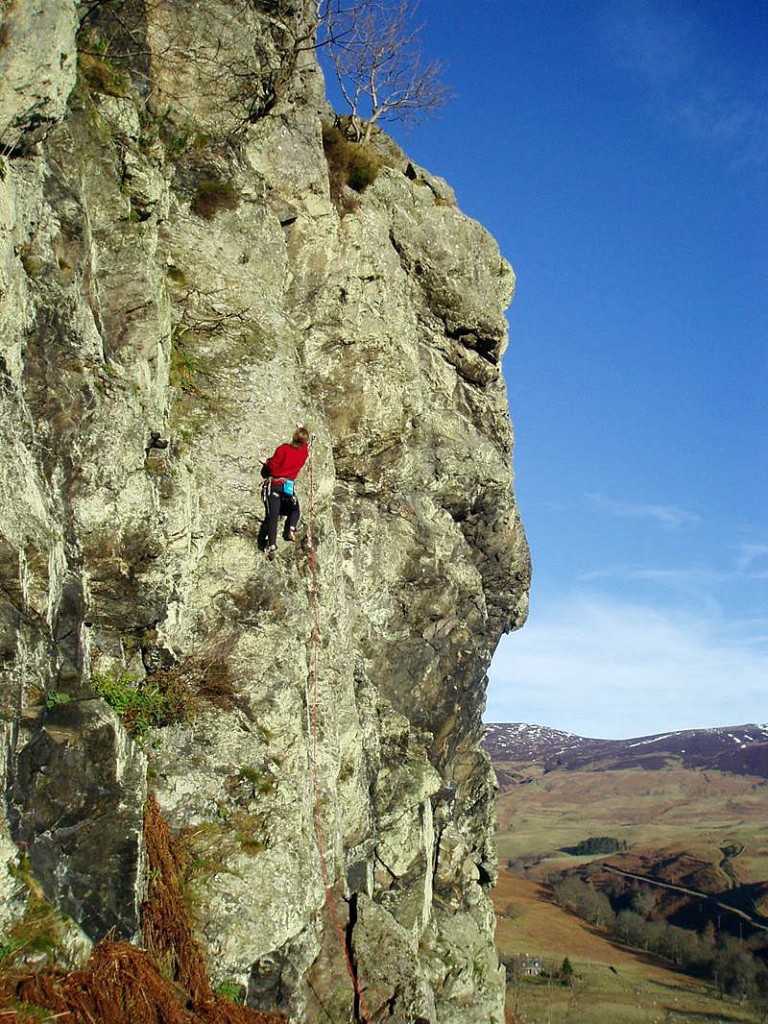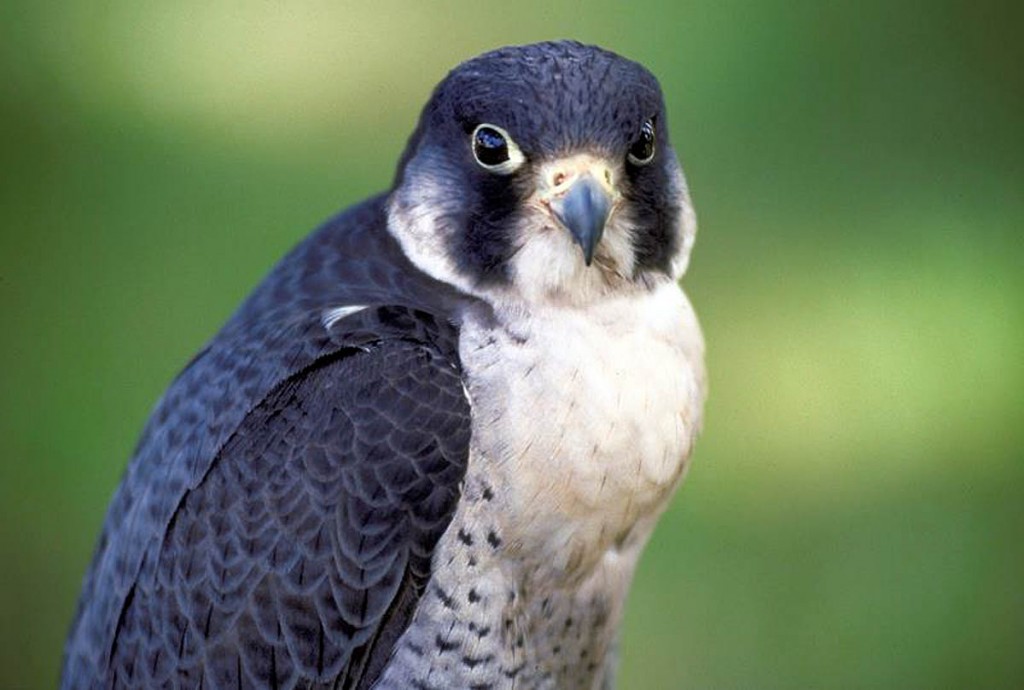Climbers and conservationists have agreed to work together to safeguard Scotland’s birds of prey from accidental disturbance.
Members of the Scottish Raptor Study Group are providing the Mountaineering Council of Scotland with up-to-date information about cliff-nesting raptors such as golden eagles and peregrine falcons.
The MCofS already operates a ‘traffic light’ system to warn climbers which crags and sites to avoid when birds are nesting, and which are safe. But Scottish Natural Heritage, the Government advisory body on the outdoors, said the scheme needs the latest reports to be effective.
The body said it was first made aware of nests being disturbed in Glen Doll, in the Angus Glens. But it soon became apparent that these were not isolated incidents. So, along with the MCofS, a new system was set up to protect cliff-nesting raptors.
SNH said people in the ornithological field are sometimes reluctant to share information on raptors for fear of deliberate persecution or of unintentional disturbance by others such as eco-tourists.
SNH put MCofS in touch with the Scottish Raptor Study Group and some of the 12 regional RSGs now provide MCofS with regular updates for their website, with plans for more to contribute in the future. The climbers themselves are also encouraged to report any raptor sightings to MCofS, which in turn are passed on to the SRSG to add to their records.
Andy Turner, SNH wildlife crime officer, said: “Hopefully, this simple but effective system will allow climbers to enjoy their sport, while helping raptors nest undisturbed.”
Andrea Partridge, MCofS access officer, said: “The aim of the traffic light system on our website is to provide climbers with enough information so that they can make a responsible and informed decision on where to go climbing.
“Already this year, several climbers have reported nest sites direct to the MCofS and these have also been added to the list. I would urge climbers to always check the website before they set out to go climbing but also to be aware that there may be other nesting raptors that haven’t been recorded and to be prepared to change plans if there is any risk of disturbance.”
All wild birds and their nests are protected by law. It is an offence to recklessly or intentionally damage the nest of a wild bird or to prevent a wild bird from using its nest. But for most species of raptor, the law goes even further by making it an offence to disturb the birds while they are building a nest; or to disturb the birds while they are in, on or near a nest containing eggs or young; or to disturb the dependent young of a bird.
Patrick Stirling-Aird of the SRSG added: “The Scottish Raptor Study Group welcomes the ‘traffic light’ system on the Mountaineering Council of Scotland’s website and hopes that all climbers will check this part of the website for the useful information that it provides.
“With careful planning, rock climbing and raptor conservation can co-exist happily together.”

